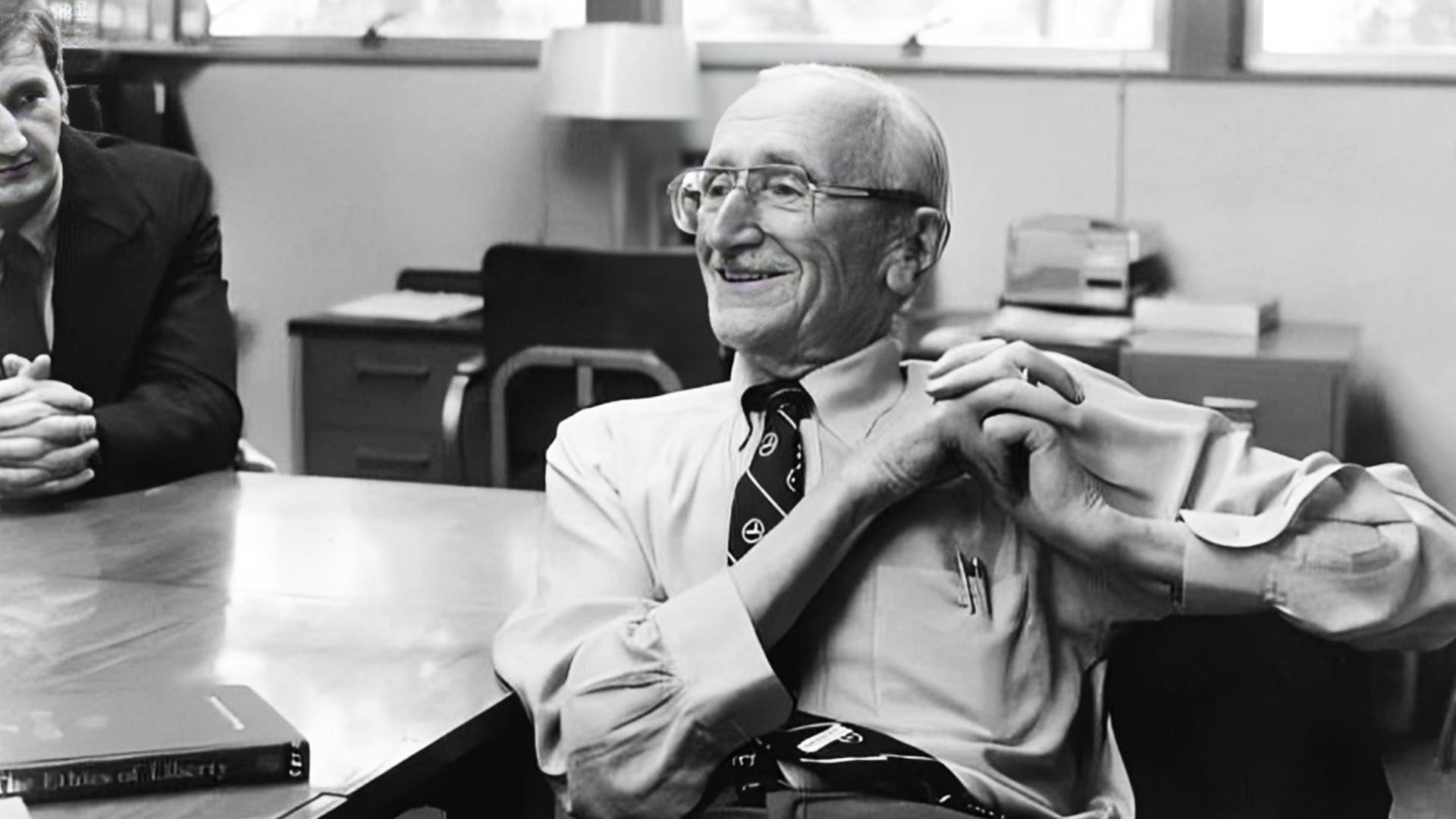Friedrich Hayek the Founder of Neo-liberalism
Mai El-Kafoury

Friedrich August von Hayek, Austrian economist and Nobel Prize-winning psychologist in economics in 1974.
Hayek was born in 1899 in Vienna, Austria; His father was a doctor and professor of plant science, and Hayek's academic journey began with the study of law and psychology, at the University of Vienna, and he received a doctorate in law at the university itself, as well as a doctorate in political economics.
He participated in World War I in the Austrian army, and it was one of the reasons why he studied the economy.
In addition, Hayek was a supporter of the capitalist school, one of the most prominent figures to call for this direction, fighting socialism throughout his life; considering capital policy, and free markets the key to solve economic problems; referring that a capitalist economy was the most appropriate solution to the problem of resource scarcity; Contrary to the Keynesian theory which is against this view.
The conflict between him and economist John Keynes who supports the socialist school continued for a long time.
Hayek was influenced by Austrian Professor Ludwig von Mises, who assisted him to become director of a research institute for business courses in Vienna.
He held many positions, becoming a professor of economics at London School of Economics until 1950, then moving to the University of Chicago to be a member of the Committee on Social Thought and continuing as a professor until 1962.
Furthermore, Hayek received Nobel Prize in Economics in 1974 shared with Sweden's Konar Merdal and was awarded the prize for his contribution to the role of money in economic volatility.
Hayek had many writings during his career, most notably "Monetary Theory and the Trade Cycle", " Individualism and Economic Order", and " The Fatal Conceit: The Errors of Socialism", and his journey of giving continued until he left our world in Germany in 1992.







